Publication Information
This Reserach Brief summarises the Research Report by the same name, available here.
This Reserach Brief summarises the Research Report by the same name, available here.
This Reserach Brief summarises the Research Report by the same name, available here.
This Reserach Brief summarises the Research Report by the same name, available here.
This report summarises findings from a study to address a gap in relation to data on the educational and occupational trajectories of adolescents and young people living with disabilty in India. The research brought together analysis of Young Lives longitudinal study data collected since 2001 with findings from an in-depth qualitative study conducted by Young Lives India in Andhra Pradesh and Telangana in November-December 2020, during the COVID-19 pandemic.
This report summarises findings from a study to address a gap in relation to data on the educational and occupational trajectories of adolescents and young people living with disabilty in India. The research brought together analysis of Young Lives longitudinal study data collected since 2001 with findings from an in-depth qualitative study conducted by Young Lives India in Andhra Pradesh and Telangana in November-December 2020, during the COVID-19 pandemic.
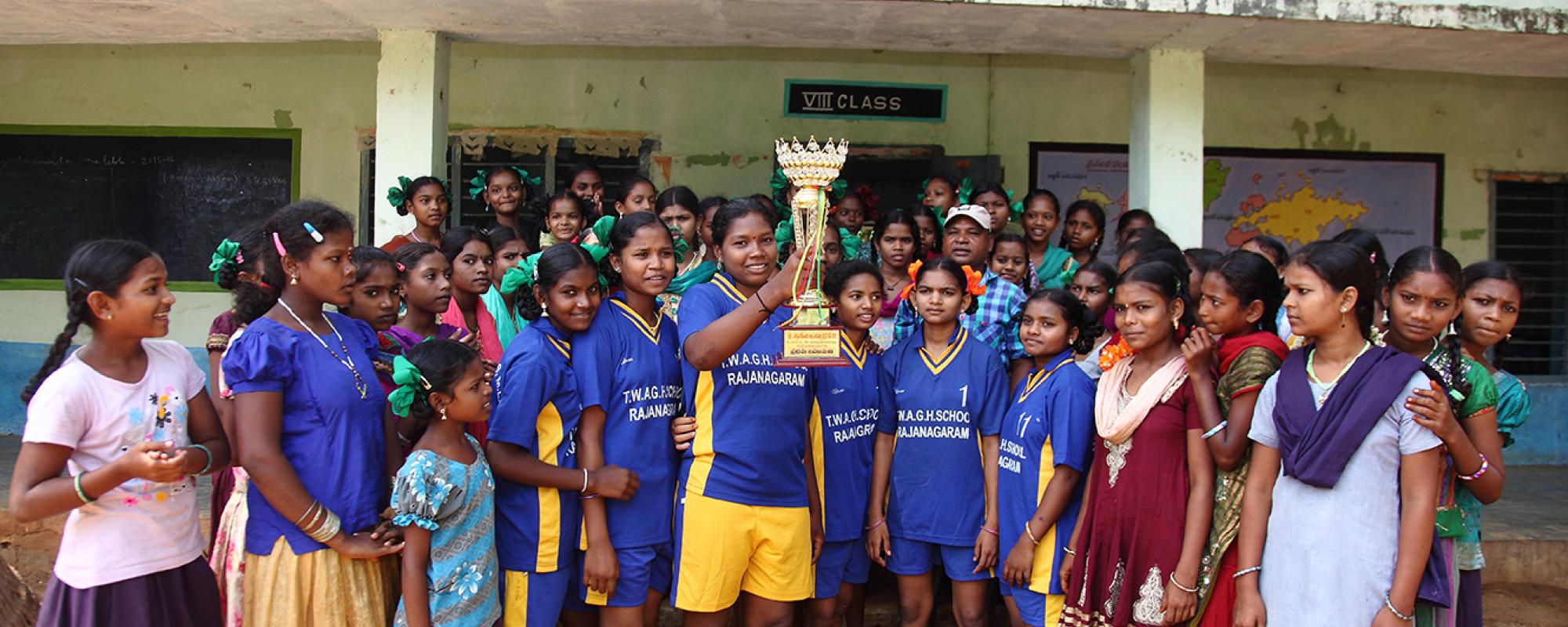
Find out about our past and upcoming events. From seminars and conferences, to global summits, you can find out where to hear more about the research, data and findings from Young Lives researchers.
Register through the links on each event, and if you have any questions please do email younglives@qeh.ox.ac.uk to find out more.
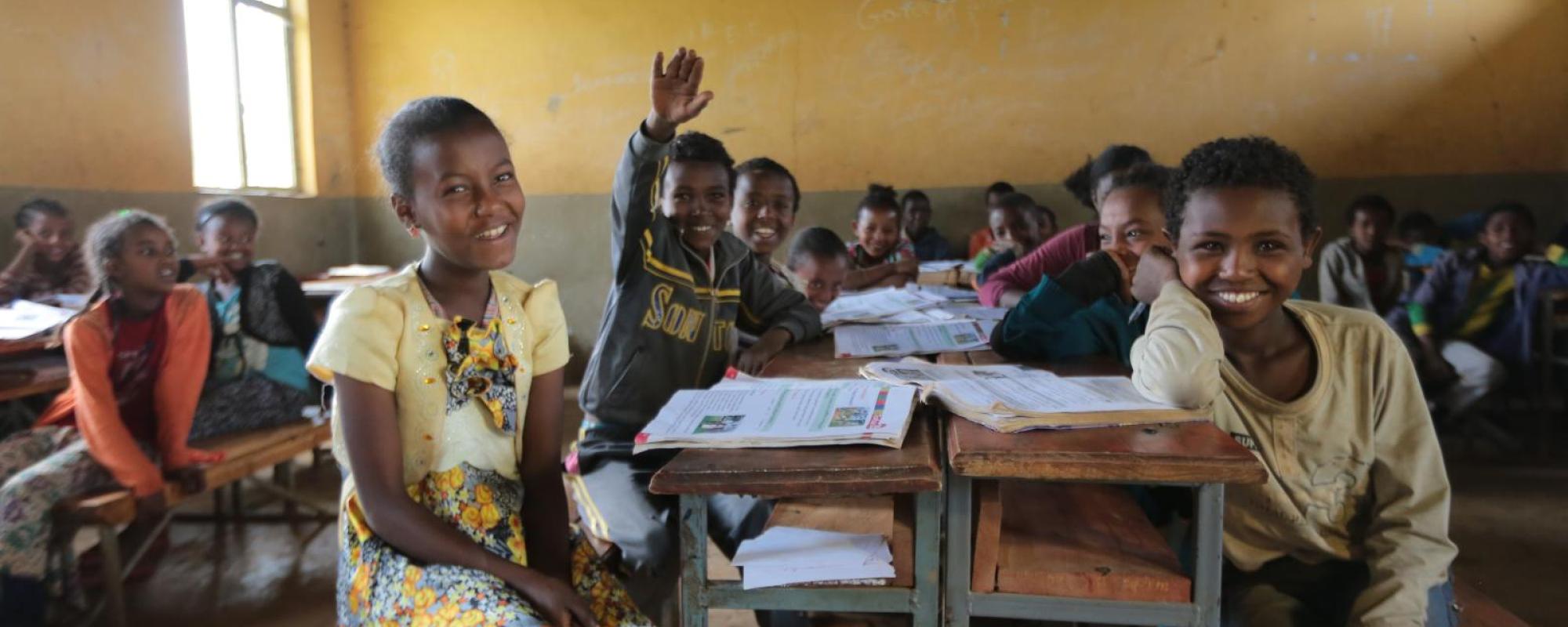
The latest news and developments, from media coverage of Young Lives research, to funding news and team updates across our four study countries and Oxford.
You can also get the latest news by following us on Twitter @yloxford, LinkedIn and Facebook.
For regular updates on Young Lives’ work, please sign up to our newsletter.
To read past issues click here.
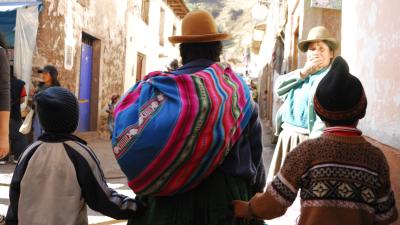
See where Young Lives have appeared in the national and international press.
If you have a media enquiry, please contact:
Penny Rudling, Young Lives (Acting) Head of Communications
+ 44 (0)1865 281760
penny.rudling@qeh.ox.ac.uk
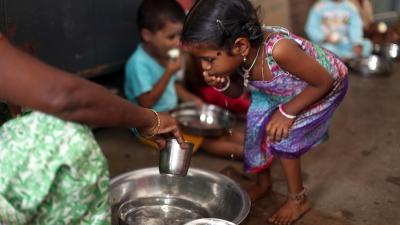
See our latest press releases on the Young Lives Study.
If you would like to make a press enquiry, please contact:
Penny Rudling, Young Lives (Acting) Head of Communications
+ 44 (0)1865 281760
penny.rudling@qeh.ox.ac.uk
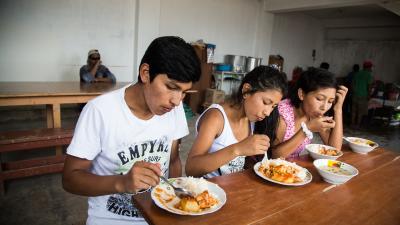
Find out about our latest studies and hear first-hand from our Young Lives' researchers in Oxford and in our four countries: Ethiopia, India, Peru and Vietnam.
Our blogs explore our key findings, methods and policy recommendations, as well as developments that impact the lives of the Young Lives’ cohorts, from drought and floods to COVID-19.
For quarterly updates on Young Lives’ work, please sign up to our newsletter.

This Working Paper explores the provision of a one year preparatory pre-school 'O- Class' in rural communities in Ethiopia. Although the 1994 Education Policy highlighted the importance of kindergarten education, early childhood education was restricted to urban areas. The National Early Childhood Care and Education Policy Framework in 2010, led to improved access to pre-primary education especially in rural areas, through the provision of a one-year preparatory O-Class. However, inequalities and disparities in access persist.
This Working Paper explores the provision of a one year preparatory pre-school 'O- Class' in rural communities in Ethiopia. Although the 1994 Education Policy highlighted the importance of kindergarten education, early childhood education was restricted to urban areas. The National Early Childhood Care and Education Policy Framework in 2010, led to improved access to pre-primary education especially in rural areas, through the provision of a one-year preparatory O-Class. However, inequalities and disparities in access persist.
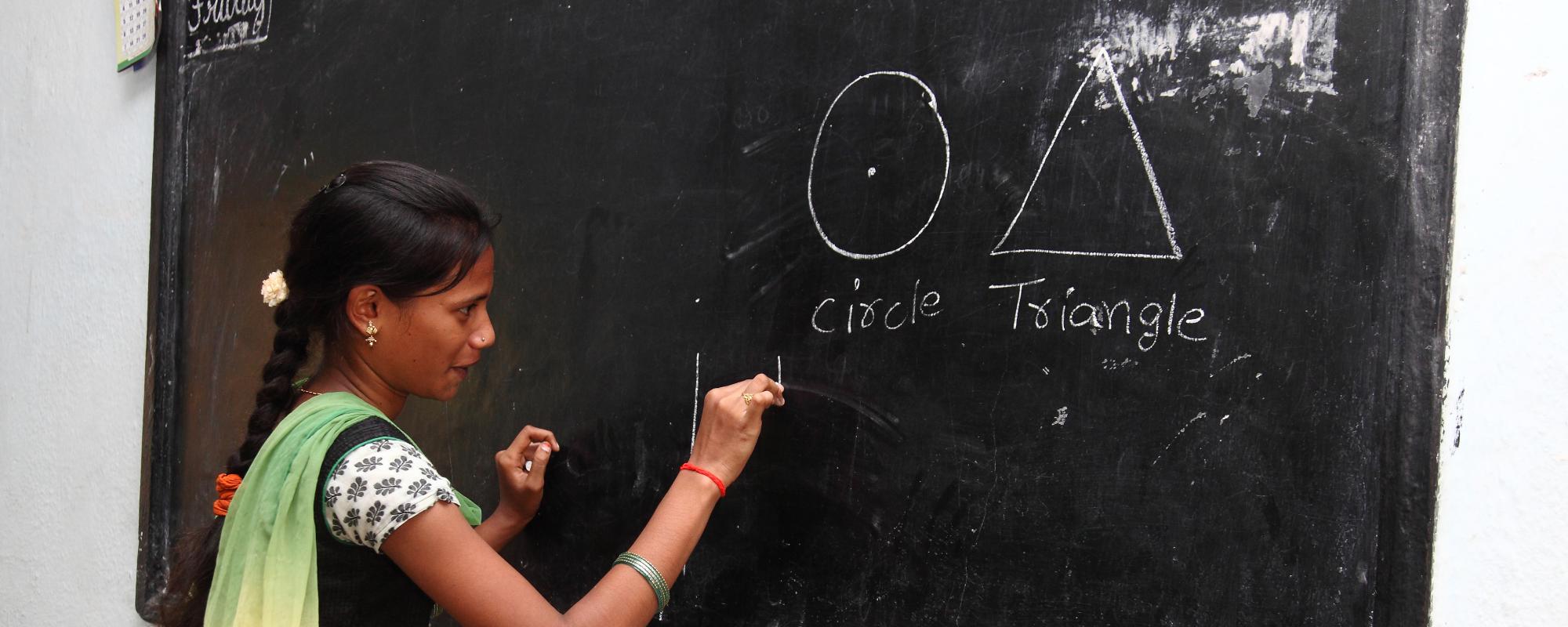
As one of the world’s longest running longitudinal mixed-methods studies in low- and middle- income countries, Young Lives has amassed a rich body of knowledge and learning about research methods.
Young Lives features a household and child survey, qualitative research and a school survey. The study uses a cross-disciplinary approach, dual cohort, comparative design, and a holistic analytical model.
Our multidisciplinary approach means we bring a variety of angles and diverse expertise which adds breadth and depth to our understandings. Our qualitative research is crucial to capture the ‘voices’ of young people so that they have an opportunity to narrate their lives, hopes, concerns and priorities, in their own words.
For a comprehensive overview of our methods take a look at our Synthesis Report. You can also find out the challenges and lessons we have learned along the way in this reflective report on our Research Methods.
We continually learn, innovate and adapt our methods. During the pandemic in 2020 we used remote data collection methods. The use of a multi call phone survey offered an opportunity to explore new ways of collecting data form our study participants, including collecting data on the highly sensitive topic of domestic violence and GPS data. Switching from in-person to remote phone-based surveys raised important ethics questions explored in a recent paper and that we continually discuss and devise strategies to answer as a team.
We have also begun to match our data with other datasets to increase the power of our survey data.
Between 2019 and 2021, a grant from the Economic and Social Research Council supported us to look back on our unique twenty year study and to document key learning in a number of areas: research design and analysis, data management and governance, research leadership and impact and ethics and safeguarding. Read more on our Methodological Lessons and Learning project page
We will continue to reflect on our methods and innovate to progress our longitudinal study. .
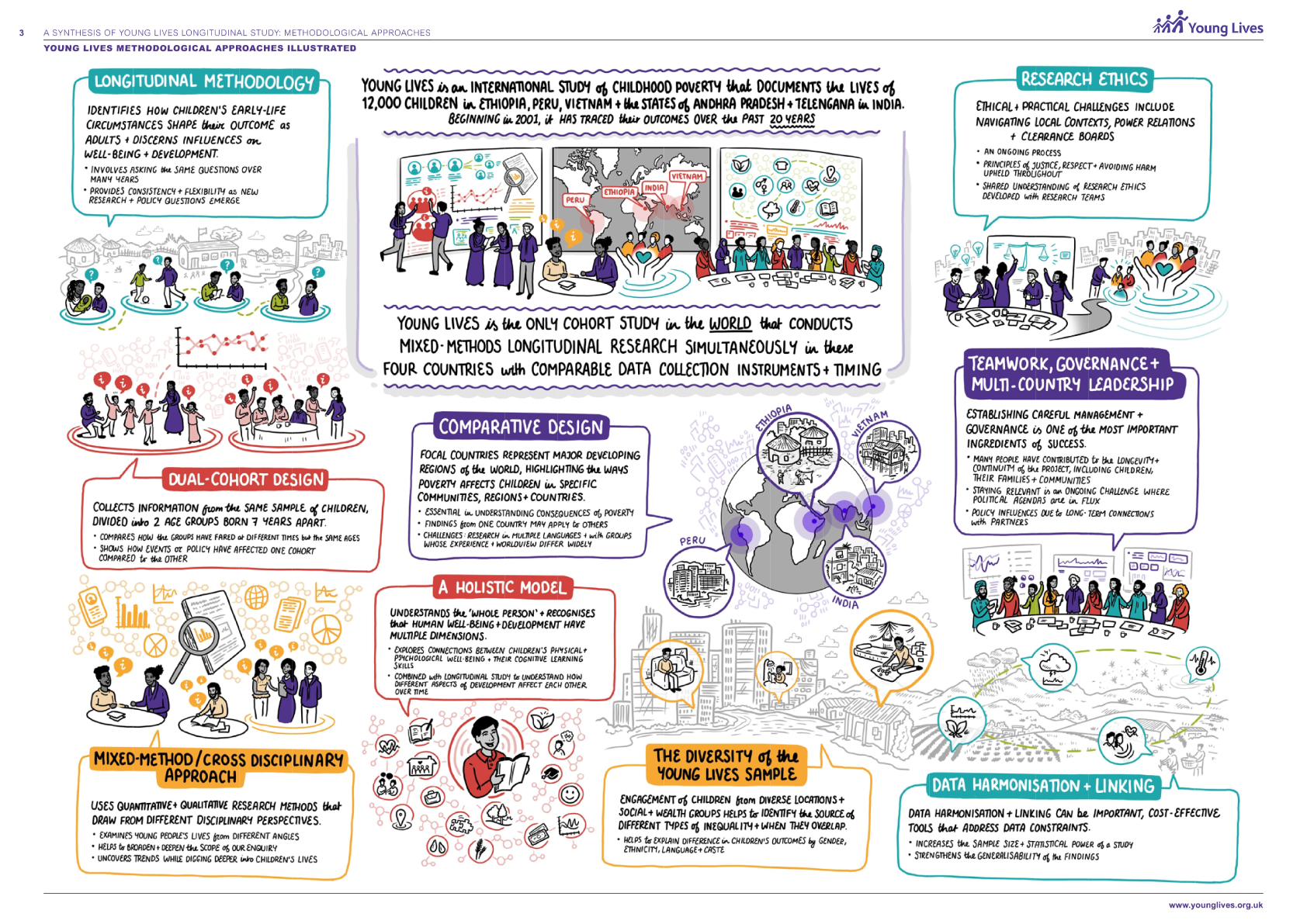

Young Lives mixed-methods, longitudinal approach enables a holistic understanding of childhood development and transitions to adulthood, helping to make sense of how different aspects of life interconnect and change over time, for example, how nutrition affects early learning with later impacts on getting a decent job. Our evolving programme of work currently focuses on four central themes; education & skills, employment, health & well-being and family lives with the cross cutting themes gender, poverty and inequalities, and shocks and crises.
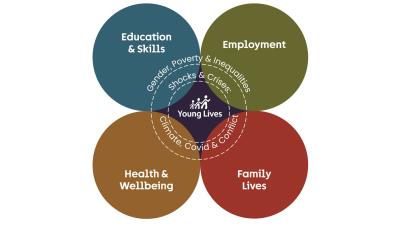
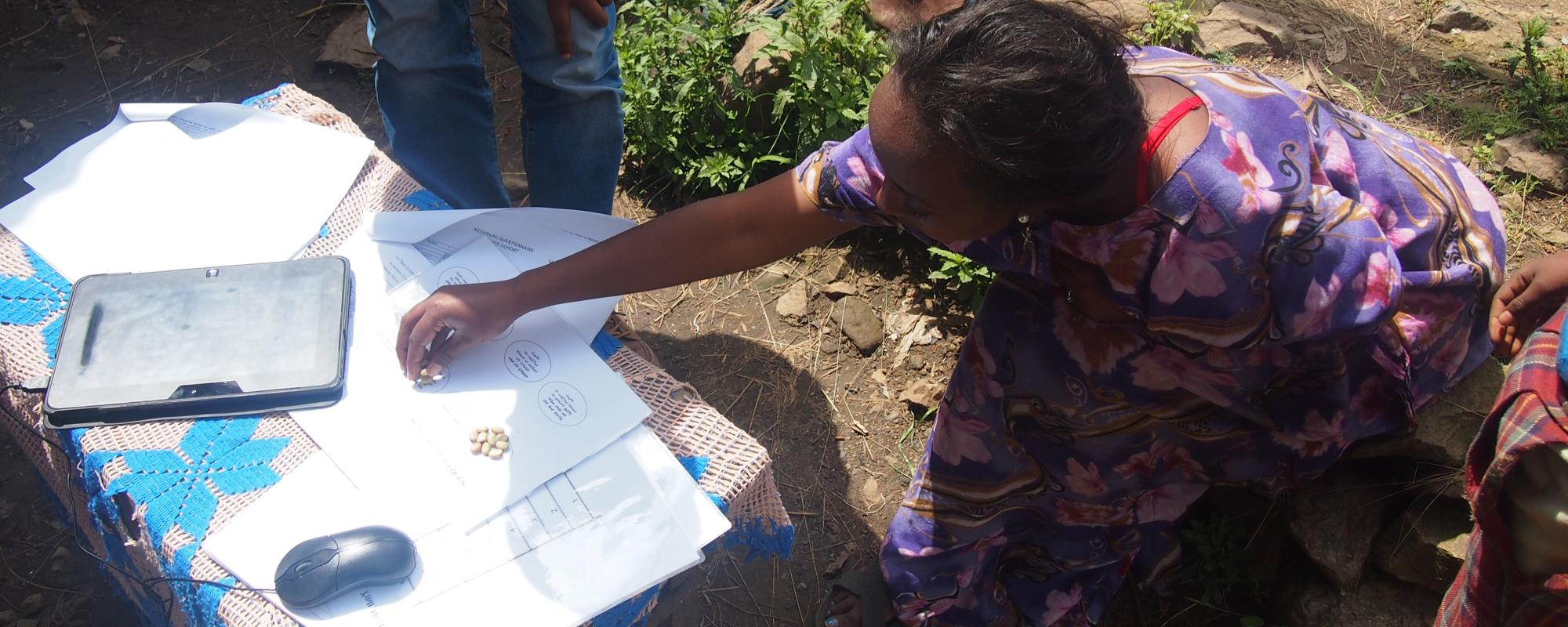
The Young Lives datasets from each round of household and child surveys and our school surveys are publicly archived and available to download from the UK Data Archive. To access and use our data, individuals are required to register and apply for a password with the UK Data Service and sign a confidentiality agreement. We encourage those who use our data to fill in the form below so Young Lives can track where and how our data appears.
You can also view a series of data visualizations which make our complex, comprehensive dataset accessible, interactive and powerful.
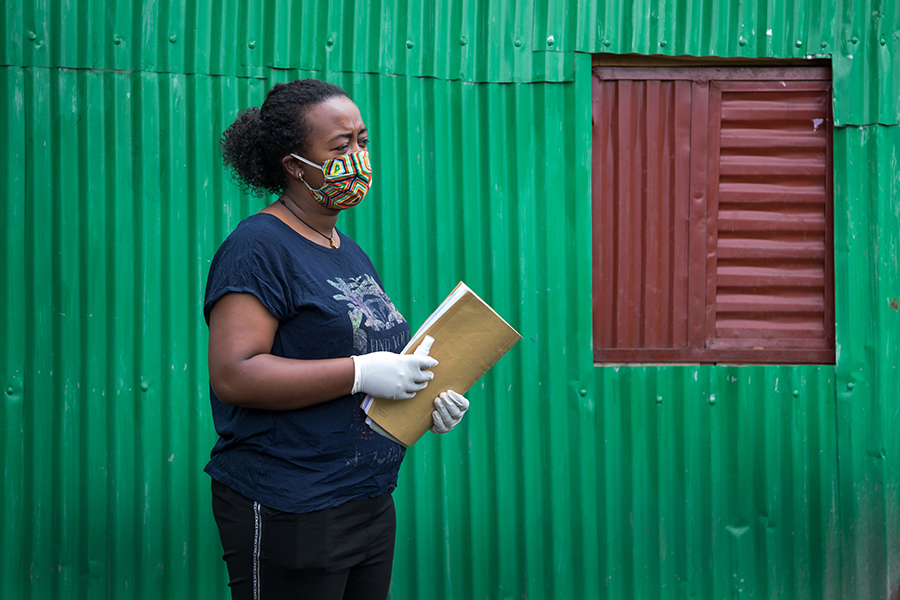
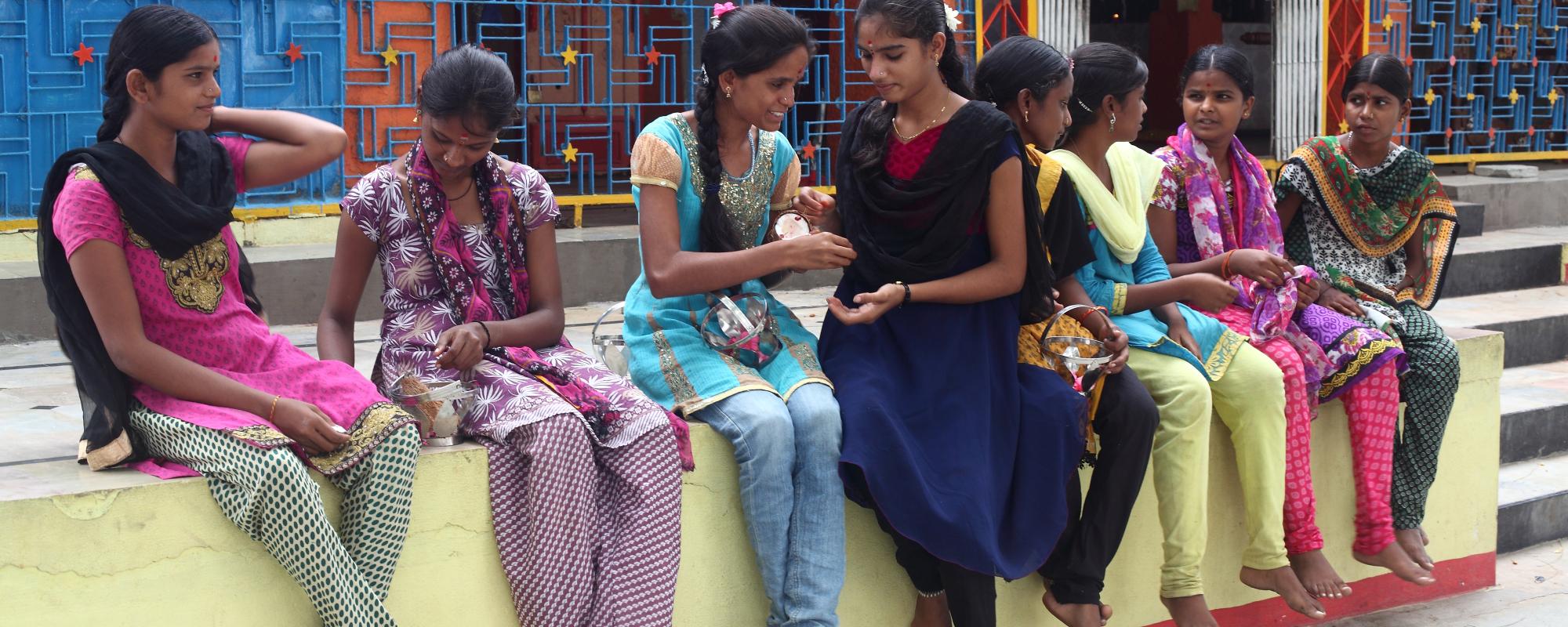
The Young Lives team has published over 900 papers investigating many aspects of childhood and youth poverty over the 20 years of the study. The datasets from all rounds of the household and child survey and our school surveys are publicly archived and available to download from the UK Data Archive. Our ground breaking longitudinal research with 12,000 children growing up in 4 different countries has enabled us to create new methods and approaches for studies of this kind.
Young Lives' Qualitative Lead Researcher in Peru, Vanessa Rojas interviews the team's long-standing Field Co-ordinator Sofia Madrid. Sofia reflects on her 20 year tenure in the role, spanning the length of the study, and shares lessons learnt.